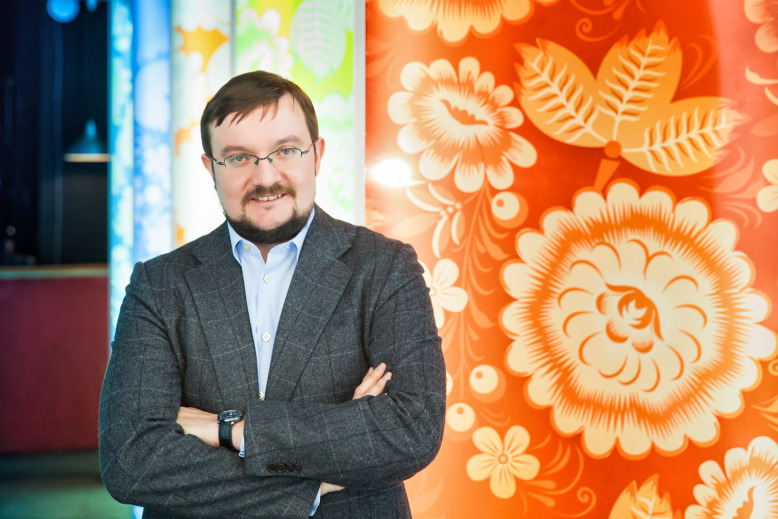‘We’re Moving in the Right Direction’
At a March 27 meeting, HSE’s Academic Council discussed how the university’s development strategy was carried out in 2014.

'We Shouldn’t Be Afraid to Admit When We Aren’t Yet Capable of Doing Something'
If you can explain why your project will be a success, investments in your business are guaranteed under any conditions. HSE alumnus and chairman of the board of directors at the 'R-Pharm' group, Alexey Repik, told 'Success Builder' what how to phase out of imports properly, how the government can help entrepreneurs, and how to turn extending people’s lives into a business.
No Crisis Wage Cuts in Russia
Russian firms prefer to freeze rather than cut employee wages during crises, reasoning that high inflation will cause real wages to drop anyway, while nominal wage cuts may prompt valued employees to leave, suggests Alexander Larin, Senior Lecturer at the Faculty of Economics, HSE Branch in Nizhny Novgorod, in his paper 'Downward Nominal Wage Rigidity: Unions' Achievement or Employers' Choice?'
273
students will take part in the final stage of the All-Russian Olympiad in Literature, which will begin on March 28 at the Higher School of Economics.
The Faculty of Humanities: Liberal Arts United
The 20th issue of The HSE Look is devoted to the Faculty of Humanities, another big department formed in the course of the university-wide structural reorganization, launched at HSE in December 2014. We talked to the Dean of the Faculty of Humanities, Professor Alexey Rutkevich. He discussed the new opportunities and challenges connected with the foundation of this large faculty and the general situation concerning liberal arts education in Russia.
HSE Enters Second Stage of Project 5-100 a Leader
The Higher School of Economics is among the top four universities ranked by the Council on Enhancing the Competitiveness of Russia’s Leading Universities. HSE is the only university participating in the project to have kept its leading position in the ranking. The university’s Vice Rector, Maria Yudkevich, who also presented HSE’s Roadmap at the Council’s meeting in Tomsk, talks about how the university was able to achieve this and describes what HSE has set as its priorities in the next stage of the fight to enter the list of the world’s strongest universities.
Professor Kimberly Martin and Counterfactuals in International Relations Research
On the 17th March 2015 in the European Club, a series of academic encounters organised by the Department of International Relations at the Faculty of World Economy and International Affairs, Professor Kimberly Marten gave a talk asking, ‘Could NATO have avoided expansion?’
Urban Intellectuals Preserve Folk Heritage
Even today, ages-old folk culture can serve as a basis for collective identity by bringing together people who share this interest and underlying values, as evidenced by Russia's folk heritage movement. According to Rostislav Kononenko, Senior Lecturer at the HSE's Department of General Sociology, and Evgenia Karpova, Master's student at the HSE, the folk heritage movement in Russia is driven by urban intellectuals working to preserve and promote authentic folk culture.
Lessons in Finance at HSE's April Conference
On April 9th and 10th, HSE’s School of Finance is organising several new platforms of discussion as part of the XVI April International Academic Conference. Topics will include measuring and assessing companies’ intellectual capital, research on corporate financial decisions, and for Russian and foreign post-graduate students, the second annual PhD seminar on financial markets and corporate financial policy will take place.

